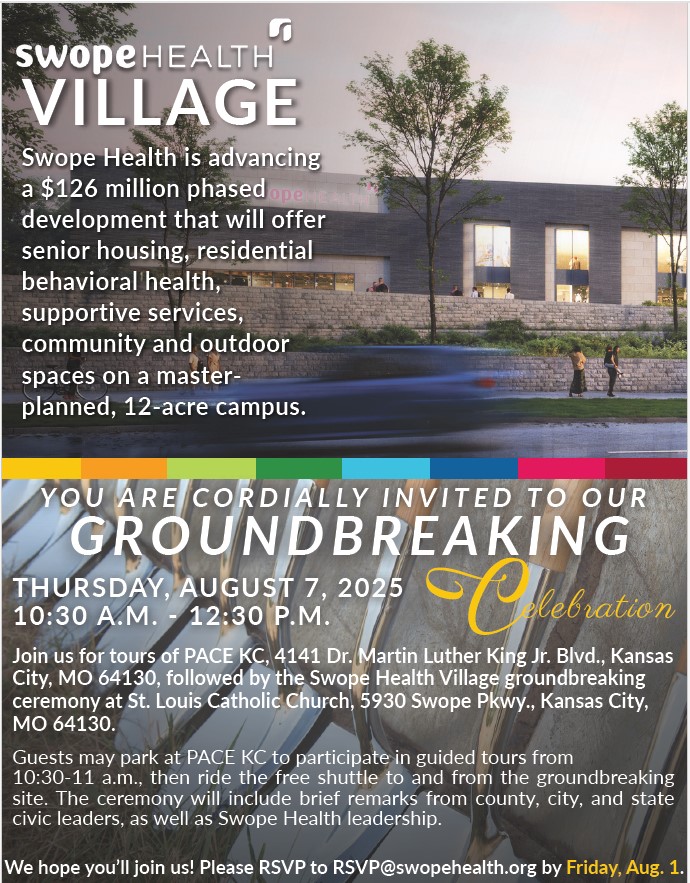 Dr. Ning Haluck, a pediatrician at Swope Health Central, leads a program to train clinical associates in best practices in caring for asthma in kids, which resulted in a national recognition for the program.
Dr. Ning Haluck, a pediatrician at Swope Health Central, leads a program to train clinical associates in best practices in caring for asthma in kids, which resulted in a national recognition for the program.
Dr. Haluck is part of the University of Missouri School of Medicine’s Asthma program, which won the American Board of Medical Specialties “Outstanding Achievement in Quality Improvement Award.” The award recognizes a focused program that successfully decreased the rate of uncontrolled asthma in urban areas.
 “We are working to lower the rates of asthma and the number of kids with uncontrolled asthma,” she said. “The approach was first to teach primary care providers the asthma care guidelines and then make it a standard part of our practice at Swope Health.”
“We are working to lower the rates of asthma and the number of kids with uncontrolled asthma,” she said. “The approach was first to teach primary care providers the asthma care guidelines and then make it a standard part of our practice at Swope Health.”
Asthma is a chronic disease of the lungs that causes wheezing and difficulty breathing. It is a common long-term disease in children, affecting nearly 30,000 kids in the Kansas City area. Asthma can be controlled by limiting environmental triggers and with medications.
The guidelines Dr. Haluck teaches include simple steps to help kids better control their asthma. It starts with a questionnaire, based on standards from the National Institutes of Health, to identify problems. The clinical exam includes a check of lung function and gathering objective data on allergies or triggers for asthma. There’s also a step to verify the right kind of asthma medicine is provided – both long-term and quick-relief medications are available, and not all patients receive the same medications.
“Then, we spend time teaching parents and kids about asthma,” she said. “We coach kids on how to use their inhaler and make sure they understand how important it is to take their medication. We want them to get their asthma under control.”
Having asthma “under control” means no visits to an emergency room or urgent care center, and regular visits to a doctor twice a year. Students also get an “asthma plan” for school, assuring medication at hand at the school.
In the program at Swope Health, Dr. Haluck showed a 31 percent improvement in quality of care of asthma control from 2018 to 2019. More than 75 percent of the 200-plus kids were able to control their asthma.

Dr. Haluck’s efforts are part of the Asthma Care Accelerator in the Extension for Community Healthcare Outcomes (or ECHO) program. Dr. Haluck has presented her program research and outcomes at a national ECHO conference in 2019, and since then has been named co-lead of the 2020 Asthma Care Accelerator ECHO program. Her current efforts, in light of COVID-19, are in asthma telehealth best practices.
Now, Dr. Haluck is engaged in training an even broader community of healthcare providers through the University of Missouri Telehealth Network. In April, Dr. Haluck participated in a national ECHO conference on “Asthma Telehealth and Asthma Day.” The program teaches the same proven guidelines for asthma care, through use of telemedicine.
She noted that some of the steps – like checking lung function – may still require an in-person visit, but much of the standard can still be accomplished in a video visit. “I will ask the child to show me how they use the inhaler,” she said, “and I can coach them if I see them using it improperly.”
 Dr. Haluck also keeps an emphasis on the Kansas City community, serving on the executive committee of BreatheUP, a consortium of local stakeholders dedicated to improving asthma control. The consortium’s goal is to reduce the rate of uncontrolled asthma by 25 percent in the next five years.
Dr. Haluck also keeps an emphasis on the Kansas City community, serving on the executive committee of BreatheUP, a consortium of local stakeholders dedicated to improving asthma control. The consortium’s goal is to reduce the rate of uncontrolled asthma by 25 percent in the next five years.
In all her efforts, Dr. Haluck’s real focus is on taking care of children with asthma.
“All children coming to Swope Health are getting the same care as if going to a specialty asthma clinic,” she said. “We are helping kids stay out of the emergency room. We are providing preventive care and helping our patients get the prescriptions and care they need. That’s what we stand for.”















